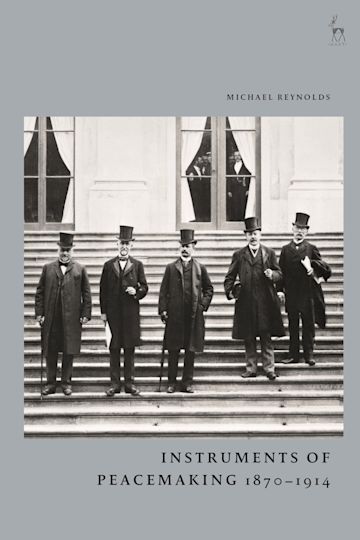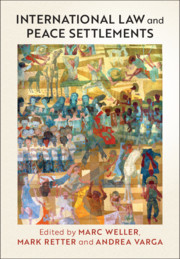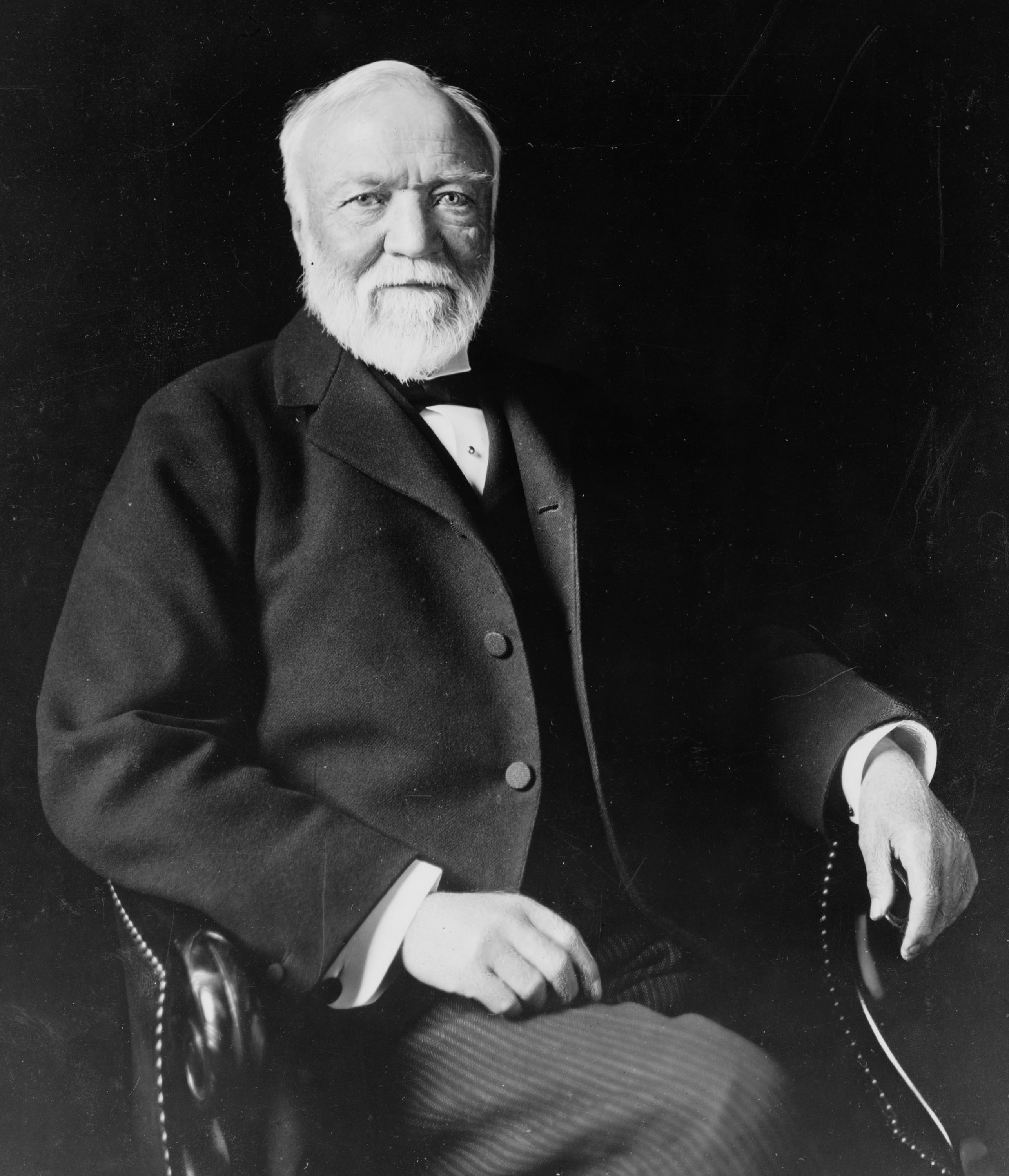Book abstract:
The development of European peace processes is as characteristic of early modernity as the ubiquity of military conflict: over 2,000 international or domestic peace treaties were concluded in this era. This handbook presents the most recent findings of international research on political and societal peace orders, peace concepts and practices, along with the cultures of peace in the early modern period.
Table of contents:
Einführung (Irene Dingel, Michael Rohrschneider, Inken Schmidt-Voges, Siegrid Westphal, and Joachim Whaley) (open access)
Introduction (open access)
SEKTION I: FRIEDENSBEGRIFFE UND -IDEEN VISIONS AND IDEAS OF PEACE
1. Antike und mittelalterliche Grundlagen frühneuzeitlicher Friedensvorstellungen (Hermann Kamp)
2. Frieden: Renaissance – Humanismus – Reformation (Volker Leppin)
3. Frieden zwischen religiöser und säkularer Deutung, 1555–1700 (Friedrich Beiderbeck)
4. Frieden und Utopie (Thomas Schölderle)
5. Immanuel Kant und die Friedensvorstellungen im Denken der Aufklärung (Thomas Schölderle)
6. Peace and Law (Frederik Dhondt)
7. Ideas of Peace and Practice of Peacemaking in Pre-Modern South Asia (Murari Kumar Jha)
SEKTION II: FRIEDENSORDNUNGEN PEACE SYSTEMS
8. Landfrieden (Duncan Hardy)
9. Justizwesen (Anette Baumann)
10. Frieden als Leitbegriff und Handlungsfeld frühneuzeitlicher Policeyordnungen (Karl Härter)
11. Erbeinungen (Uwe Tresp)
12. Friedensräume. Burgfrieden, Kirchenfrieden, Gerichtsfrieden, Marktfrieden (Masaki Taguchi)
13. Hausfrieden. Eine doppelte Friedensordnung (Inken Schmidt-Voges)
14. Religionsfrieden (Irene Dingel)
15. Peacemaking in the Thirty Years War (Derek Croxton)
16. Waffenstillstand, Anstand und Stillstand (Gabriele Haug-Moritz)
17. Zwischenstaatlicher Frieden (Anuschka Tischer)
18. Friedensverträge (Martin Espenhorst)
19. Friedensschlüsse mit außereuropäischen Herrschern. Afrika, Mittelmeerraum, Osmanisches Reich (Benjamin Steiner)
20. Treaties in Asia (Peter Borschberg)
21. Peace Treaties Between Colonial Powers and Indigenous Peoples in North America (Katherine A. Hermes)
SEKTION III: FRIEDENSPRAKTIKEN UND ‑PROZESSE PEACEMAKING AND PEACE PROCESSES
22. Friedenskongresse (Johannes Burkhardt and Benjamin Durst)
23. Verhandlungstechniken und ‑praktiken (Maria-Elisabeth Brunert and Lena Oetzel)
24. Friedensvermittlung und Schiedsgerichtsbarkeit (Michael Rohrschneider)
25. Verhandlungssprachen und Übersetzungen (Guido Braun)
26. Akteur*innen der Friedensstiftung und ‑wahrung (Volker Arnke)
27. Historische Sicherheitsforschung und die Sicherheit des Friedens (Christoph Kampmann and Horst Carl)
28. Neutralität (Axel Gotthard)
29. Amnestie und Normaljahre (Ralf-Peter Fuchs)
30. Toleranz (Ulrich Niggemann)
31. Zeremoniell (Niels F. May)
32. Friedensfeiern und Gedächtniskultur (Renger E. de Bruin and Alexander Jordan)
33. Die materielle Kultur des Friedenschließens (Harriet Rudolph)
34. Frieden und Friedenssymboliken in der Bildenden Kunst (Eva-Bettina Krems)
35. Friedensmusiken (Sabine Ehrmann-Herfort)
36. Friedenspredigten (Henning P. Jürgens)
37. Frieden in der Literatur (Klaus Garber)
SEKTION V: FRÜHNEUZEITLICHE FRIEDENSSCHLÜSSE EARLY MODERN PEACE TREATIES
38. Der Kuttenberger Religionsfrieden 1485 (Alexandra Schäfer-Griebel)
39. Ewiger Landfrieden 1495 (Hendrik Baumbach)
40. Erster und Zweiter Kappeler Landfrieden 1529 & 1531 (Andreas Zecherle)
41. Augsburger Religionsfrieden 1555 (Armin Kohnle)
42. Der Frieden von Cateau-Cambrésis 1559 (Rainer Babel)
43. Warschauer Konföderation 1573 (Christopher Voigt-Goy)
44. The Edict of Nantes 1598 (Mark Greengrass)
45. Die Friedensschlüsse von Siebenbürgen: Wegmarken religiöser Toleranz oder der Konfessionalisierung? (Mihály Balázs)
46. Der Westfälische Frieden 1648 (Siegrid Westphal)
47. Nijmegen, Rijswijk, Utrecht: The Peace Treaties of the Wars of Louis XIV (Klaas Van Gelder)
48. Der Friede von Zsitvatorok 1606 und die Friedensschlüsse der ‚Türkenkriege‘ (Arno Strohmeyer)
49. Die Friedensschlüsse der Nordischen Kriege 1570–1814 (Dorothée Goetze)
50. Die Friedensschlüsse der friderizianischtheresianischen Ära (Regina Dauser)
51. Friedensschlüsse zwischen Französischer Revolution und Wiener Kongressordnung (Reinhard Stauber)
More information with
DeGruyter.










